A key report that charts the course for Chinese modernization drive highlighted on Sunday by the Communist Party of China (CPC) at its 20th national congress has drawn world attention.
A group of international observers took note of China's commitment to world peace and shared prosperity outlined in the CPC blueprint, and expressed their confidence that China will make even greater contributions to the global community in the future.
HIGH-QUALITY DEVELOPMENT
China will accelerate creating a new development pattern and pursue high-quality development, said Xi Jinping while delivering the report to the key CPC congress.
"We must fully and faithfully apply the new development philosophy on all fronts, continue reforms to develop the socialist market economy, promote high-standard opening up, and accelerate efforts to foster a new pattern of development that is focused on the domestic economy and features positive interplay between domestic and international economic flows," Xi said.
Quality has become a keyword in China's future development and this focus on quality will also bring greater benefits to China's trading and investment partners, said Oh Ei Sun, principal adviser for Malaysia's Pacific Research Center.
China's gross domestic product has come to account for 18.5 percent of the world economy, up 7.2 percentage points over the past 10 years. The world's second largest economy has become a major trading partner for over 140 countries and regions, leading the world in total volume of trade in goods.
The Malaysian expert said over past years, Southeast Asian countries have benefited from China's economic growth and its reform and opening up, including through the Belt and Road Initiative (BRI), an upgraded China-ASEAN Free Trade Area and the Regional Comprehensive Economic Partnership.
China's commitment to promoting high-standard opening up is very positive for the rest of the world, as countries are recovering from the COVID-19 recession, he said.
In recent years, China has continued widening market access and shortening the negative list for foreign investment. It has put into force laws and regulations, including the Foreign Investment Law, to protect foreign investors' legitimate rights and interests.
As a collaborative endeavor, the BRI has been welcomed by the international community both as a public good and a cooperation platform.
At a time when many developing countries are encountering development headwinds, China's high-quality development is needed more than ever, said Adhere Cavince, a Kenya-based international relations scholar.
While expressing his hope that China continues to be an "anchor of global economic stability," Cavince said China's endeavors will help many emerging markets overcome challenges in the current situation.
HARMONY BETWEEN HUMANITY AND NATURE
Respecting, adapting to, and protecting nature is essential for building China into a modern socialist country in all respects, Xi said.
Outlining the unique features of Chinese modernization, Xi said Chinese modernization is the modernization of a huge population, of common prosperity for all, of material and cultural-ethical advancement, of harmony between humanity and nature and of peaceful development.
In practice, China has set ambitious targets and taken concrete actions to decarbonize the economy, tackle pollution and protect the natural ecosystem. Pledging to join the world's collective response to climate change, the country has cut its carbon emission intensity by 34.4 percent over the past 10 years, and pledged to have CO2 emissions peak before 2030 and achieve carbon neutrality before 2060.
To transform its energy structure, China has phased out coal used in heating in over 27 million rural households over the past 10 years, while stepping up the development of installed renewable energy capacity. The country tops the world in its installed capacities of wind, photovoltaic, hydro and biomass power.
Improvements in the environment can also be observed in major air and water quality indicators as well as forest, marine and biodiversity conservation achievements.
Tim Benton, director to the Environment and Society Programme at Chatham House in London, said China has made strides towards improving the environmental and resource productivity of its economy by increasing output whilst reducing the relative environmental footprint.
Notable progress has been made in renewable energy generation, electric vehicles, plans to reduce emissions and make air cleaner, as well as in ecological restoration, he said. "China is indeed making progress towards creating an ecological civilization."
TOWARDS A SHARED FUTURE
While delivering the report, Xi pledged that China is dedicated to promoting a human community with a shared future.
Stressing that human society faces unprecedented challenges, Xi called upon all countries to hold dear humanity's shared values of peace, development, fairness, justice, democracy, and freedom, and promote mutual understanding and forge closer bonds with other peoples.
The vision of a shared future largely reflects the core values of China's traditional culture such as harmony and equality, said B. R. Deepak, chairperson of the Center of Chinese and Southeast Asian Studies at the New Delhi-based Jawaharlal Nehru University. It could be considered as an outcome of China's dialogue and mutual learning with other civilizations in the course of history, he added.
On the other hand, the Global Development Initiative (GDI) and the Global Security Initiative (GSI) proposed by China, based on mutual respect and win-win cooperation, are like an antidote to hegemony, unilateralism, exclusion and the Cold War mentality in today's world, he said.
For decades, China adheres to the Five Principles of Peaceful Coexistence in pursuing friendship and cooperation with other countries. It is committed to promoting a new type of international relations, deepening and expanding global partnerships based on equality, openness, and cooperation, and broadening the convergence of interests with other countries.
China also adheres to the right course of economic globalization. It is committed to working with other countries to foster an international environment conducive to development and create new drivers for global growth.
In addition, China plays an active part in the reform and development of the global governance system. It upholds true multilateralism, promotes greater democracy in international relations, and works to make global governance fairer and more equitable.
"The Chinese direction has been that of multilateralism, bringing countries together, creating development and creating unity based on the principles of the United Nations Charter," said William Jones, Washington bureau chief of the U.S. publication Executive Intelligence Review.









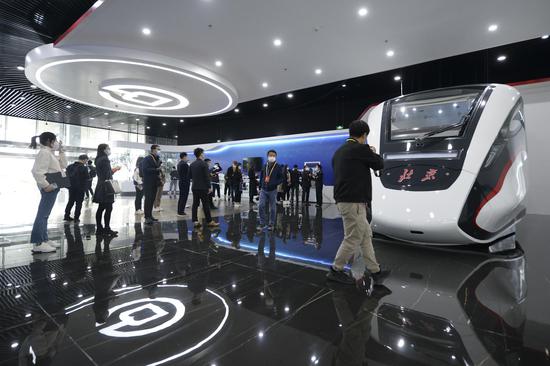

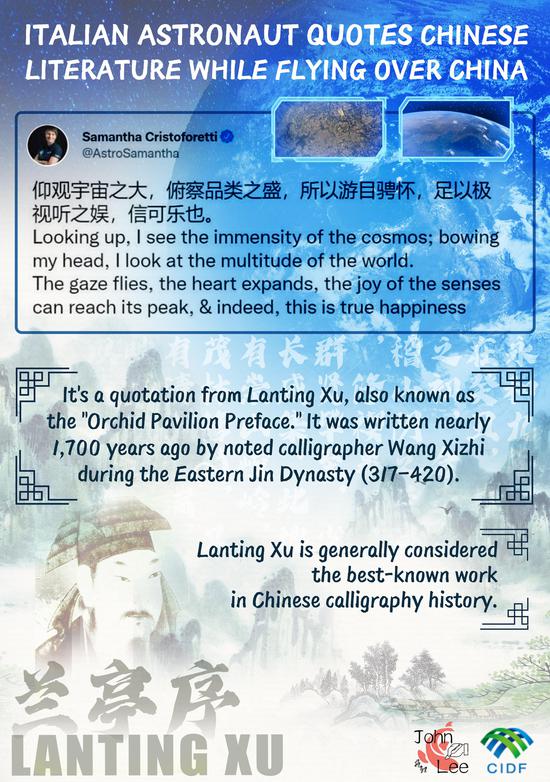




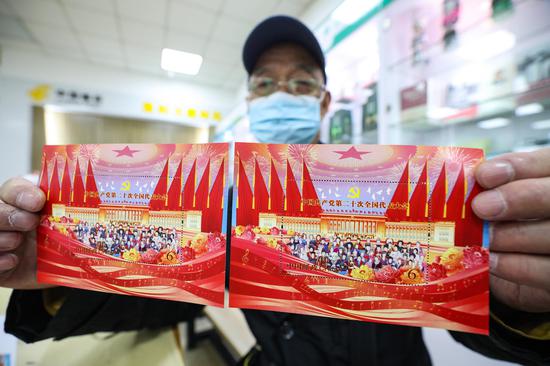
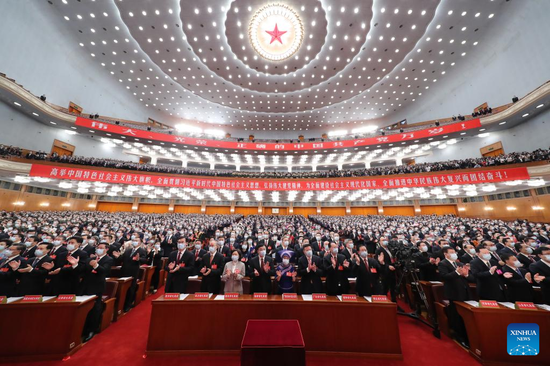
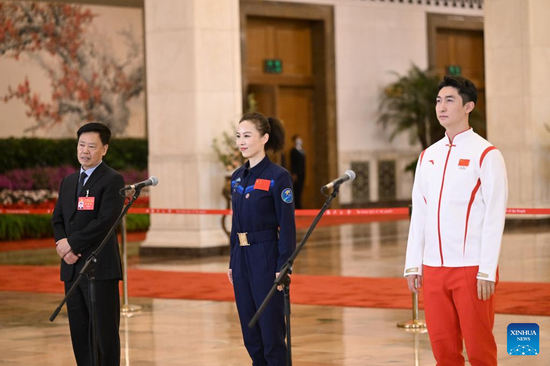
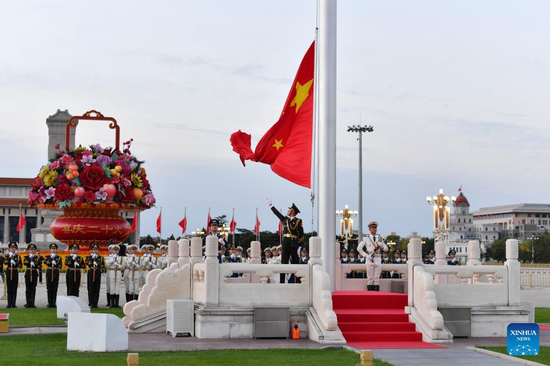

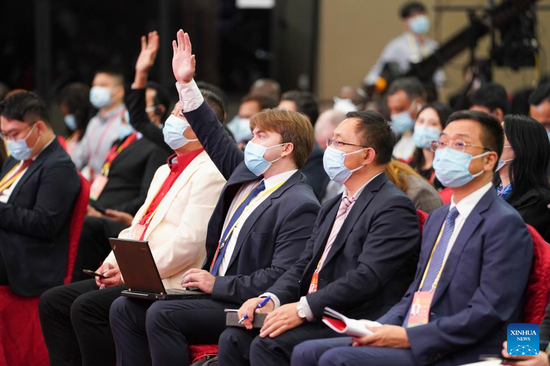
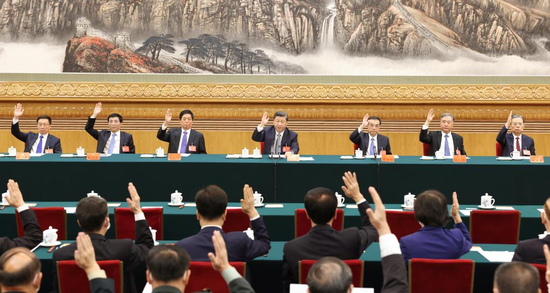
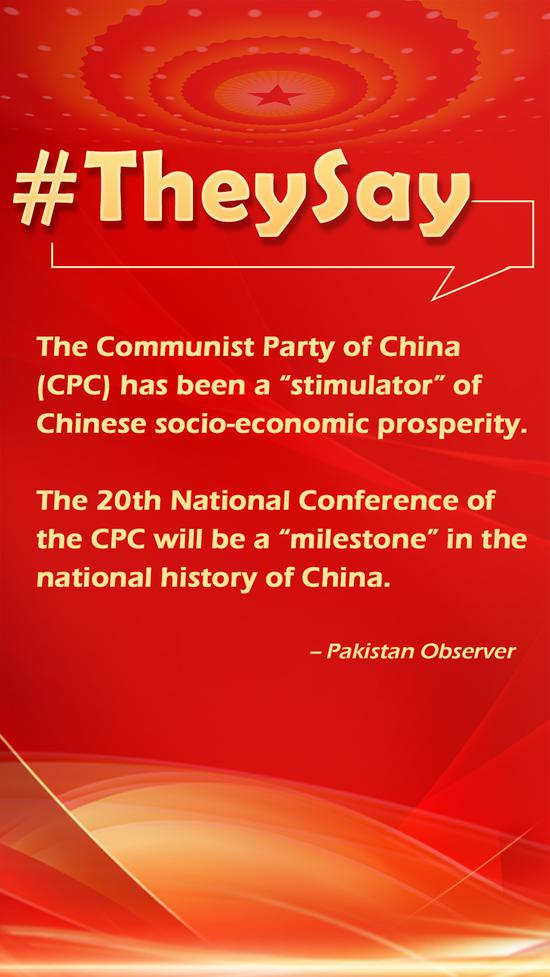
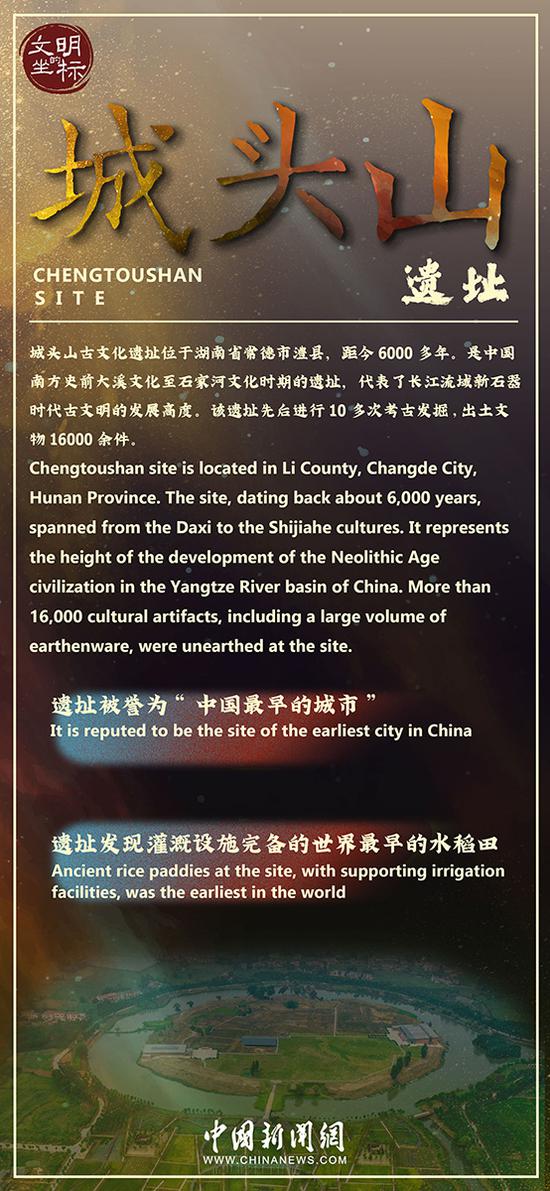
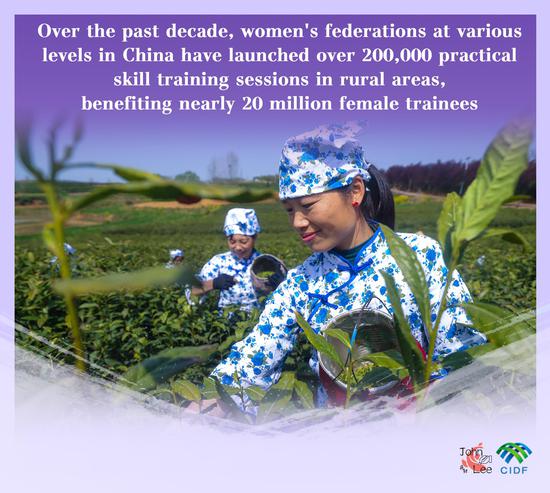

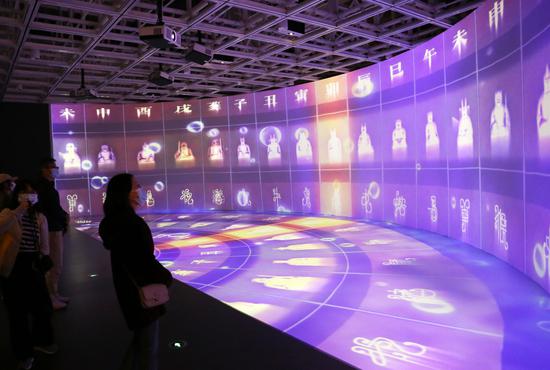
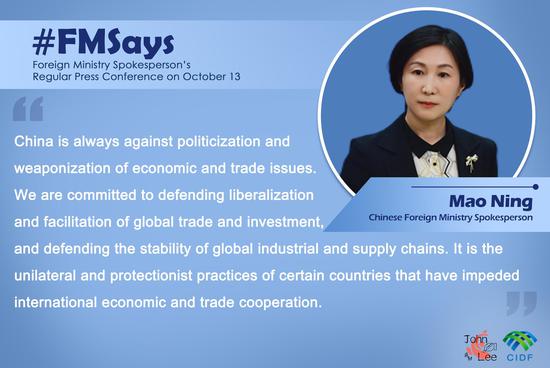
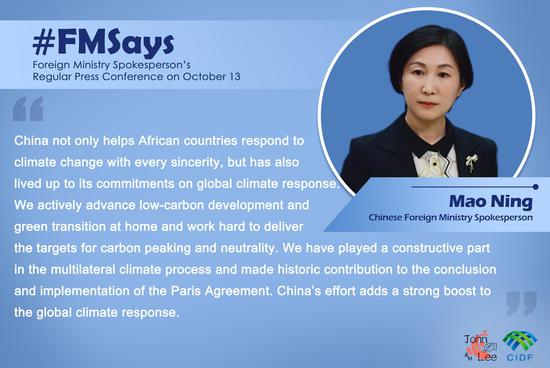
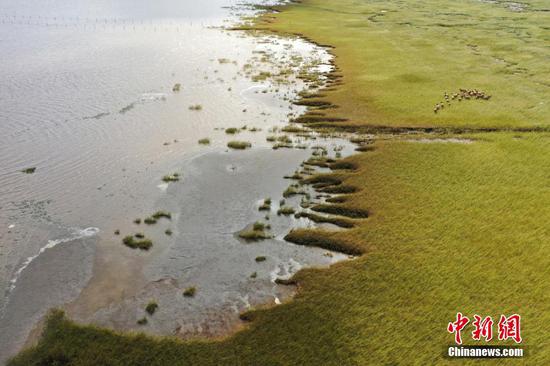

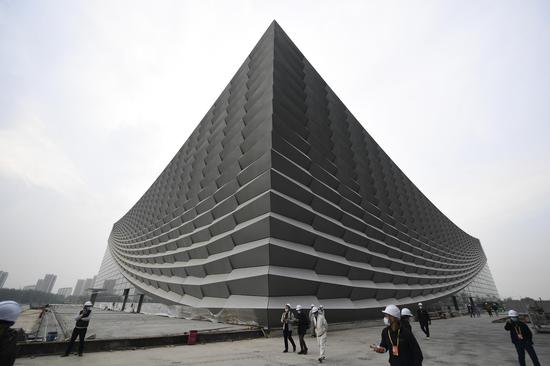

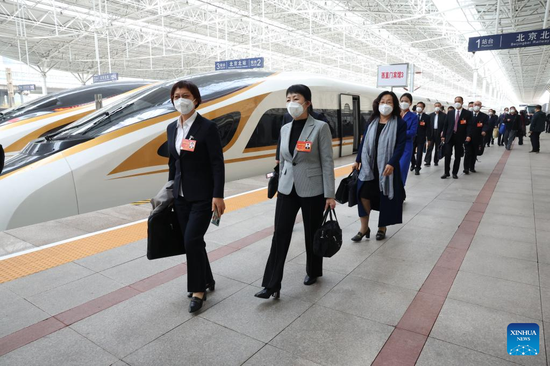
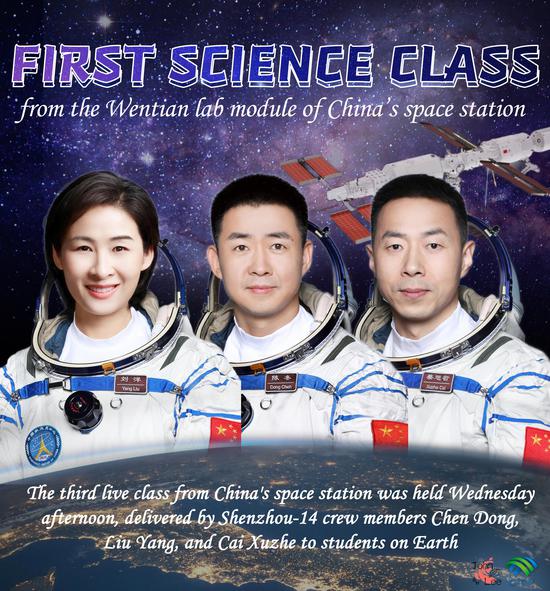
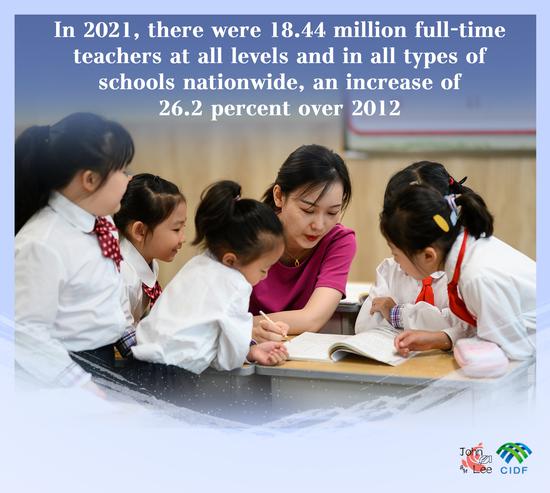
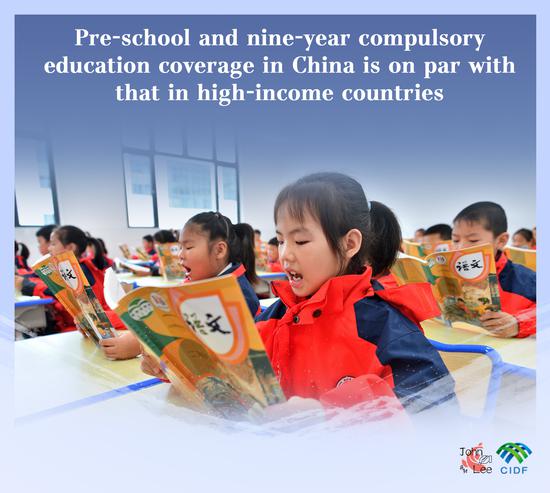

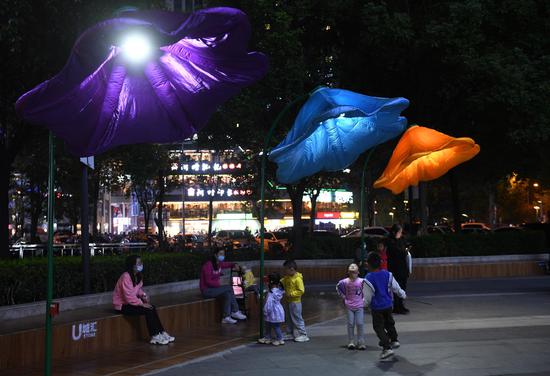
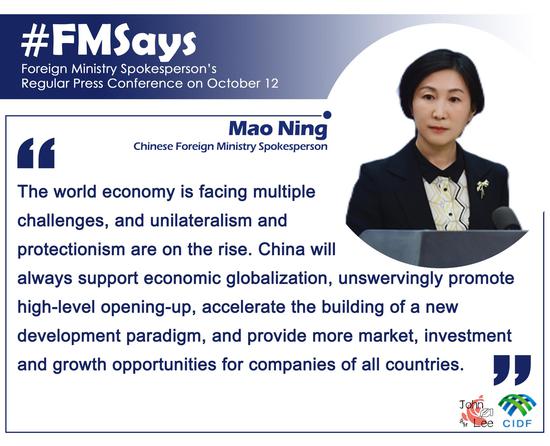
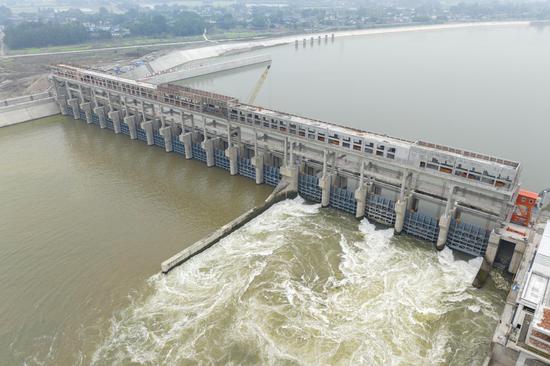
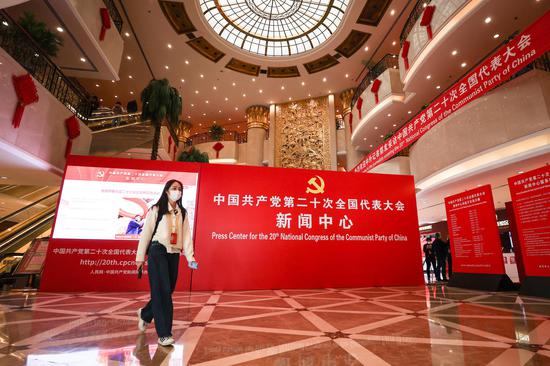
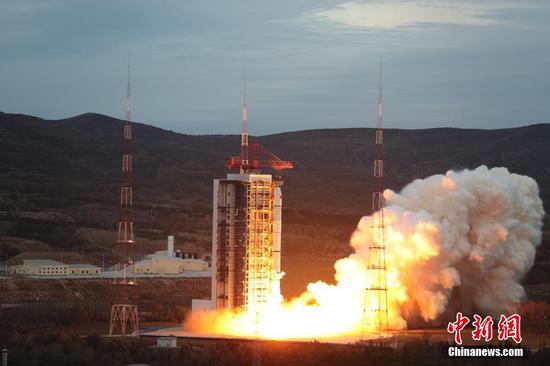
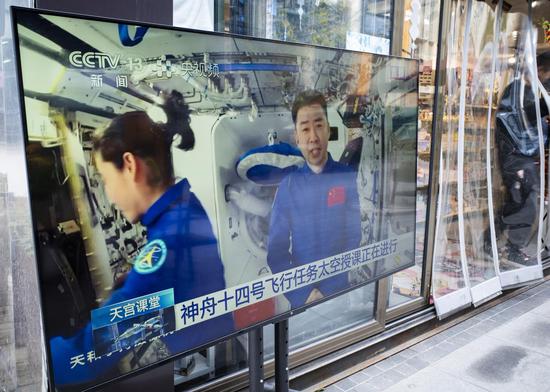





 京公网安备 11010202009201号
京公网安备 11010202009201号